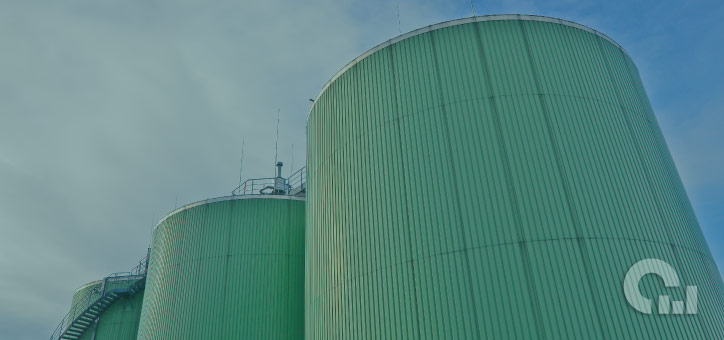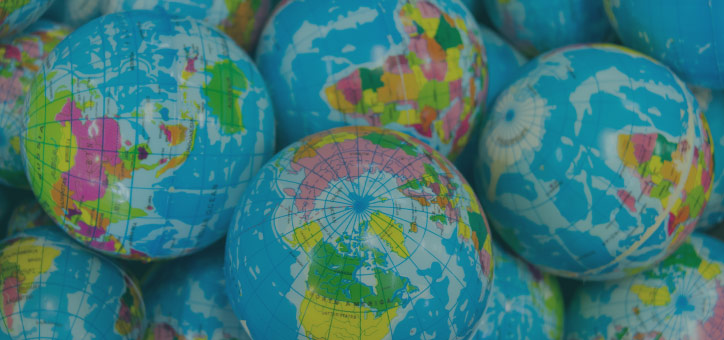At first glance, human economics and ecology may seem to represent topics that oppose one another.
After all, the study of economics concerns how people use resources, and the study of ecology encompasses how organisms relate to each other. So, how are these two subjects linked?
Human economics and ecology represent two sciences that are more related than you may realize. To understand how human economics and ecology are linked to one another, let’s start by defining both terms.
What Is Human Economics?

Human economics studies how individuals, businesses, governments, and countries make choices on consuming and distributing resources, as well at the behaviors and interactions that occur from these processes.
Economics can be broken down into two categories: macroeconomics and microeconomics. The study of macroeconomics focuses on how an overall economy behaves on a regional, national, or global scale. On the other hand, the study of microeconomics examines the behaviors and decisions of individuals when allocating, exchanging, and consuming resources.
If you study economics in school, you will understand how economists formulate economic indicators such as Consumer Price Index (CPI) and Gross Domestic Product (GDP). In addition, you will study capitalism, socialism, and communism, which are three types of economic systems.
Related: Best Online Economics Degrees
What Is Ecology?
Ecology is a branch of science that studies how organisms relate to each other in their physical environments. You can also study ecology through different scopes.
A term related to the study of ecology is a biome. A biome is an ecological community of organisms that are classified by the animals and plants that live in it. Types of biomes on earth are forests, grasslands, deserts, freshwater, marine, and tundra.
Additionally, abiotic factors are nonliving parts of the environment, like sunlight, soil, and air. Biotic factors are living parts of the environment that affect other living things, such as producers, consumers, and decomposers. A key part of ecology is the study of the interactions between these two environmental factors and how they affect the ecosystem as a whole.
Similarly, human ecology examines the relationship between humans and their environments. Humans live within the earth’s biosphere and depend on ecological processes that provide essentials such as food, water, and other goods that can be bought, sold, or traded.
Human ecology also encompasses how humans interact with their social environments and human-designed environments. More generally, the triangle of human ecology includes a person’s population (genetics, age, race, etc.), behavior, and habitat.
How Are Human Economics and Ecology Related?

Perhaps a better question is, how are human economics and ecology not related?
Human economics and ecology are inextricably linked, and here is why: as living organisms, we live in the earth’s biosphere and depend on our ecosystems in order to survive. Our ecosystem, the earth, ultimately controls our economic systems because it provides us with what we need for our economies (and everything else) to actually exist. For example, we must have water, food, and goods that we then buy, sell, or trade with others in order to profit economically. If our sources were depleted, our economy would suffer.
In short, we depend on our ecosystem, sometimes without even realizing it. Understanding our vast ecosystem and how it works is vital in managing and safely interacting with it.
However, because human ecology encompasses not just our natural environment, but our social and human-built environments as well, we can also look at how it affects specific economies, like our national economy or global economy.
Some of the worst global environmental problems are caused by ignoring this fundamental relationship. For example, pollution is caused by overloading the atmosphere and ocean with carbon. Another example is species extinction due to habitat destruction.
Today, we recognize that environmental issues are closely tied to the economy, and addressing these issues further promotes our economy’s success. In other words, the strength of an economy is dependent on the health of the ecological environment.
Dr. Rowan Williams wrote an article, Ecology and the Economy Go Hand in Hand, in which he states, “To seek to have an economy without ecology is to try to manage an environment with no knowledge or concern about how it works in itself — to try to formulate human laws in abstraction from or ignorance of the laws of nature.”
As you can see, you can’t have a healthy economy without a healthy ecology. Ecosystem protection is an economic investment on a larger, global scale, as well as on an individual scale. To try and separate these two subjects does not make sense.
Related:





